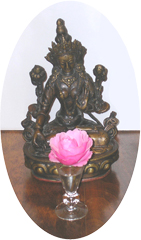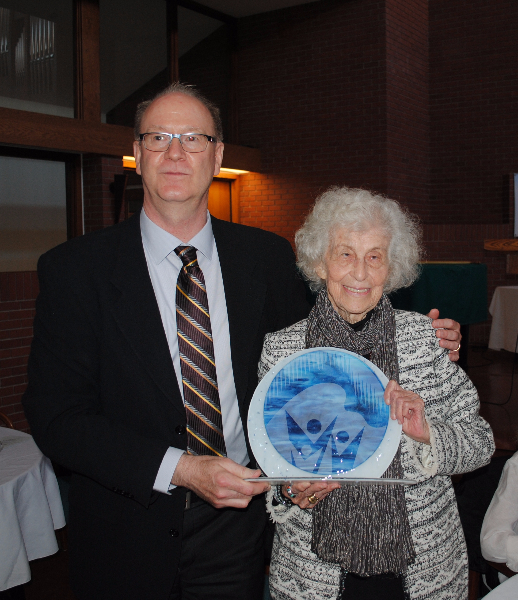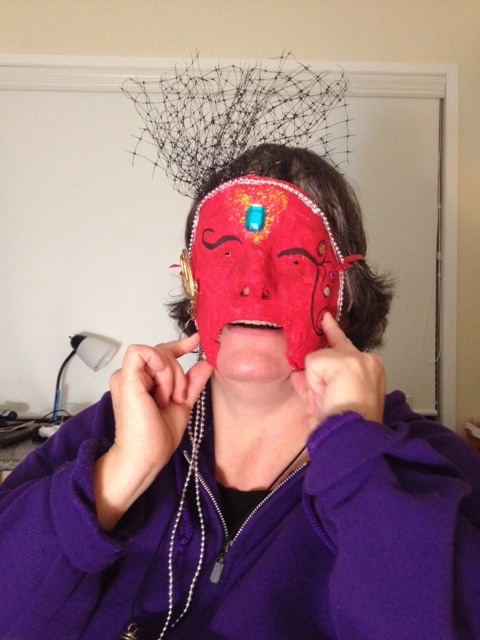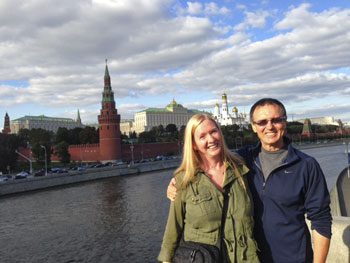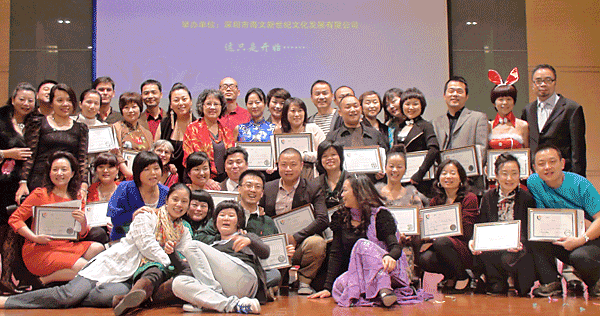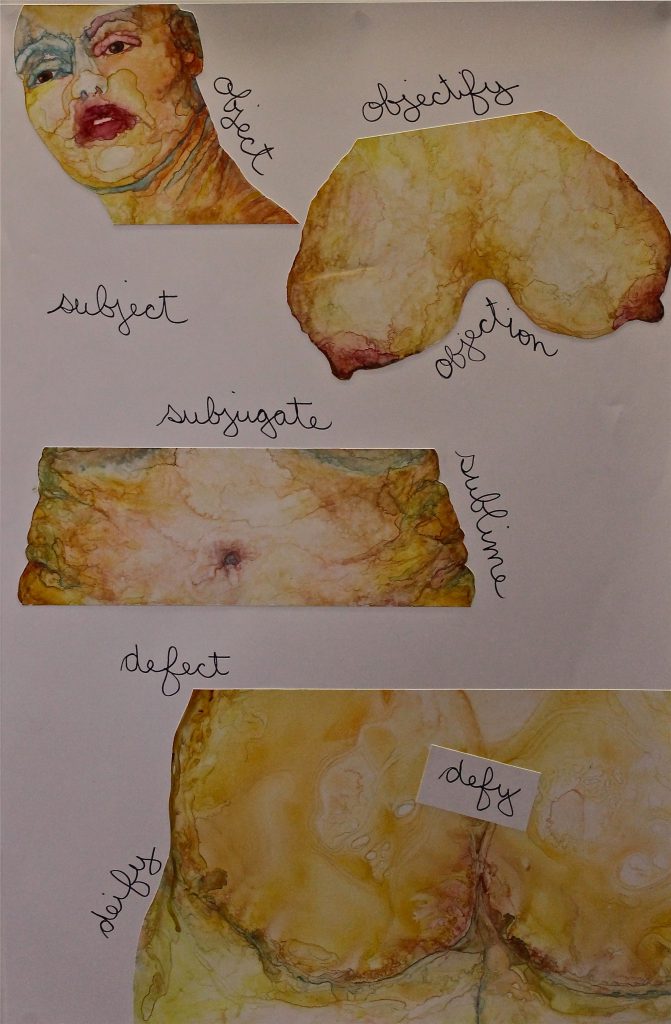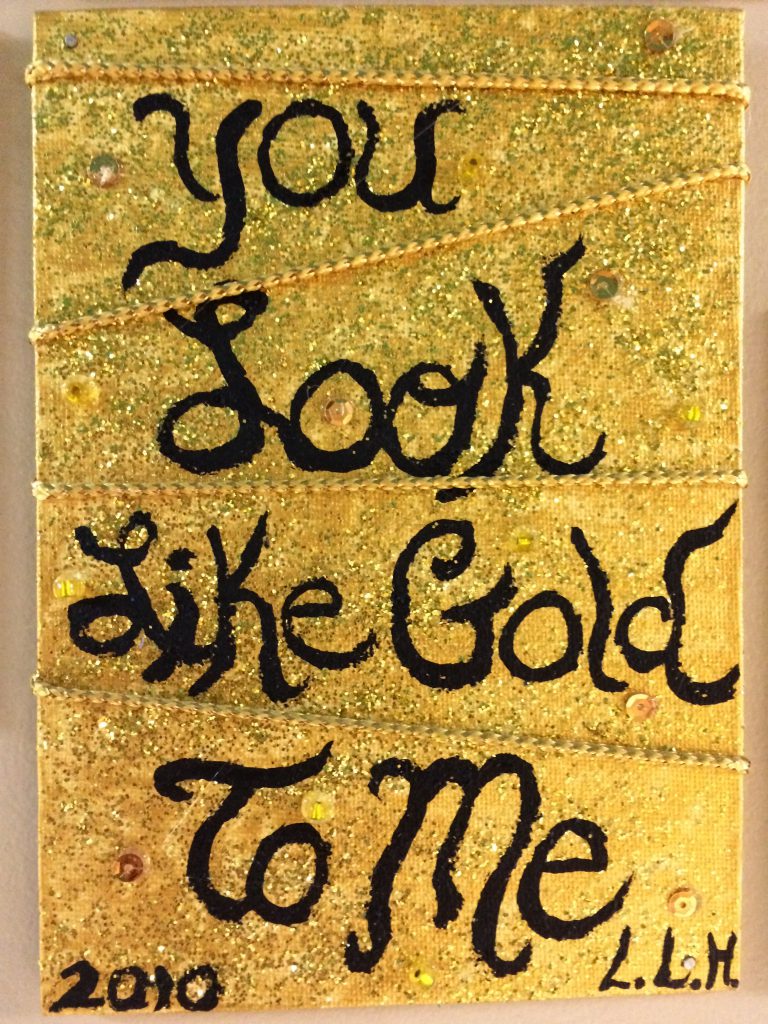Character Structure, Insight and Compassion
By Brad Cassidy. Follow the link to find out more and register for Brad’s next offering of Psychology of the Chakras. coming April 21-24, 2017.
Relationship is fundamental to a healthy, balanced and successful life, and a key feature of a wholesome relational life is compassion. Though compassion can be extended to any sort of being, or whole classes of beings, for most of us it is mainly about people, including ourselves. In dealing with others I’ve noticed that it is very easy to extend our hearts to the open, honest and loving people in our world when they meet challenges or suffering of some kind. But those are not the only people we meet in our world, especially if we interact with a broad spectrum of the population. What about those folks who aren’t apparently of goodwill, that are evasive, aggressive or opportunistic and whose suffering may be less apparent? For me, and for others I have had this conversation with, those with disturbing patterns are the difficult ones to extend our hearts to.
Whatever the case, both easy and difficult people carry the story of their challenges and resulting compensations subtly written into the physical structure of their body. These physical characteristics taken as a whole allow a trained individual to arrive at a basic categorization of a person’s character structure. Of course in practice it is more complicated than that; very few, if any, fit entirely into one category and any reading of the body must also consider genetic makeup, age, injuries and so on. However, having satisfactorily established a character structure one can then pair that structure with what is known of that structure’s nature and origins. Generally one can say that character structure forms in response to trauma, abuse, excess or deficiency in the early years of a child’s life. Knowing this is to see that the angry, over-bearing man comes from the heartbreak of a little boy, and the demanding, needy woman from a child deprived and, in some way, undernourished. Seen in this light the heart begins to open to these people, as people, rather than reacting to the irritation they may evoke in us.
Through this process of understanding character structure we can definitely open our hearts and minds to others in a deeper way. However, that is not all that comes from a sound understanding of this process, there are numerous other benefits. Understanding a person’s character shows the best way to approach them to elicit their good will and for that matter how not to approach them which helps us avoid those awkward social moments when we might anger or alienate the other. And finally, one of the great benefits I’ve received from this learning is to apply it to myself as a tool of understanding and compassion. As one of the many who has struggled with my self-worth, I found that discovering the underlying origins of my less successful behaviours has allowed me to see myself with “soft eyes” and quiet the otherwise relentless inner critic. It has also meant that I can consciously modulate my behaviours based on my self-assessment, a project which has given some pleasing results. Over all, the study of character structure has been a great benefit in my relationship to self and others by softening my heart and opening my mind.
This is why I went through the process of becoming a certified teacher of the work of Anodea Judith, which blends the study of character structure with developmental psychology in a framework based on the ancient template of the chakra system. I share this work through a program I’ve developed called The Psychology of the Chakras. And it is a process that virtually anyone can learn without undo effort and then apply it generally, because this knowledge transcends race, culture, religion or age. This universality highlights our unity through the shared experience of our humanity and our common life challenges. It offers us a great life lesson, so aptly put by the ancient philosopher Philo of Alexandria when he said, “Be kind, for everyone you meet is fighting a great battle”.

